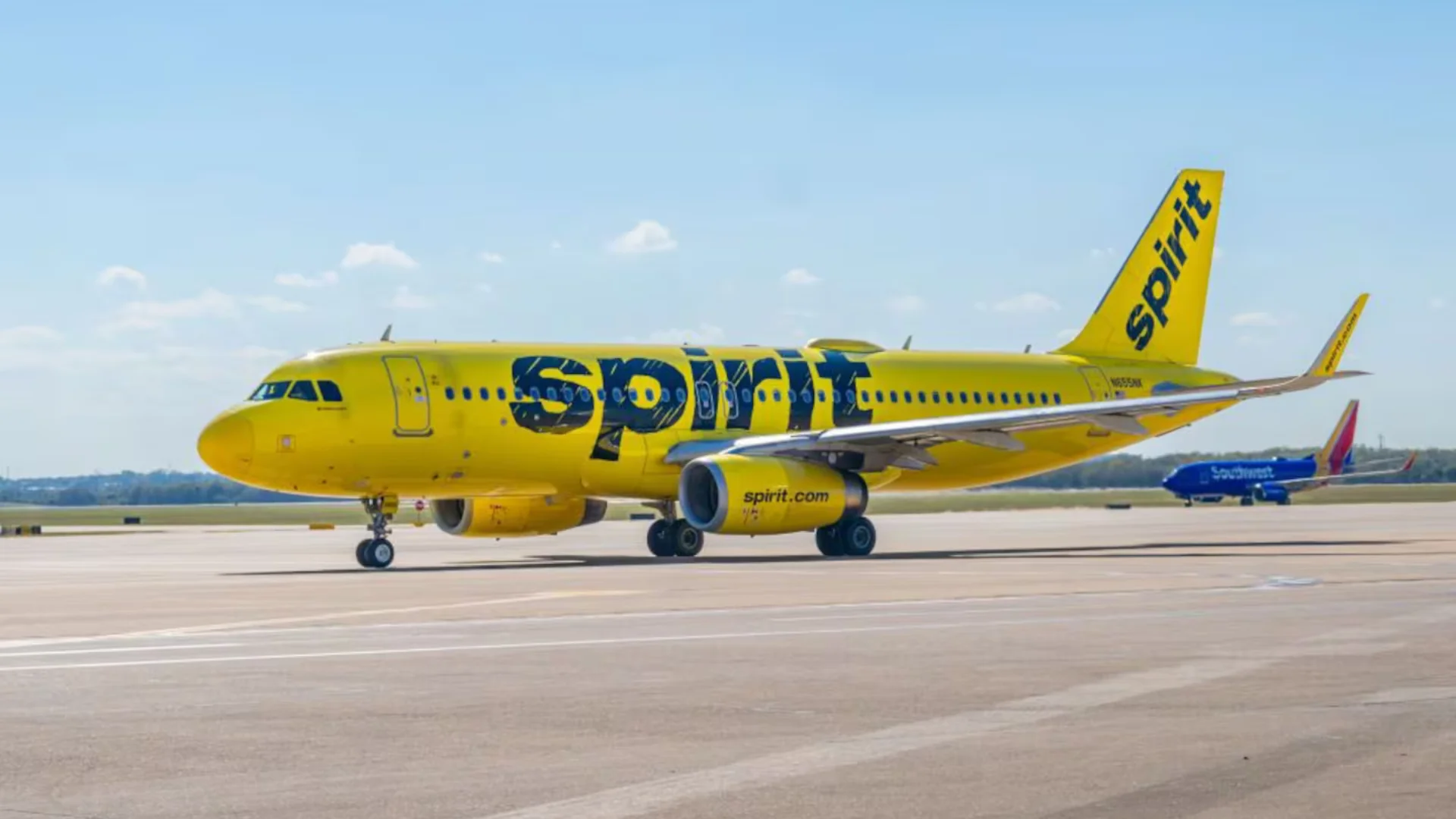This situation follows similar troubles last year after Spirit’s planned merger with JetBlue Airways fell through. At that time, the airline was under pressure from creditors—especially those processing its credit card payments—to increase liquidity. These pressures led to Spirit’s Chapter 11 bankruptcy filing in November 2024. The company emerged from bankruptcy in March of this year, smaller and with less debt but still struggling to turn a profit.
During the three months ending in June, Spirit reported an operating loss of $184 million—or $186 million since exiting bankruptcy in March.
Spirit has tried several strategies to boost revenue. It rebranded its Big Front Seat product as "Spirit First" and introduced fare bundles similar to those offered by other airlines. The carrier also added a premium economy extra-legroom option on board and announced new destinations ranging from Belize to Tennessee. Additionally, it established a partnership with U.S. regional carrier Contour Airlines.
Despite these efforts, Spirit faces the same slowdown in U.S. domestic leisure travel affecting other airlines. While many industry executives believe the market is improving, Spirit’s recent statement suggests this may not happen quickly enough for the company: "The company continues to experience challenges and uncertainties in its business operations and expects these trends to continue for at least the remainder of 2025," according to the financial filing.
For travelers currently booked on Spirit flights or considering booking one soon, there appears little immediate risk; the investor warning projects out over a year rather than indicating any imminent disruption. A key date highlighted in Spirit’s filing is December 31, 2025—when it must renegotiate an agreement with its credit card processor that could require additional collateral and further reduce available liquidity.
Travelers concerned about potential disruptions might consider purchasing travel insurance but should check policy details carefully since not all plans cover airline failures.
Other airlines may benefit if Spirit were forced out of business. Frontier Airlines could gain significantly by becoming the primary budget carrier serving much of the U.S., possibly acquiring former Spirit aircraft for expansion purposes (https://www.reuters.com/business/aerospace-defense/frontier-airlines-could-benefit-if-struggling-spirit-shuts-analysts-2024-08-13/). Barry Biffle, CEO of Frontier Airlines, said on August 5: "We are going to be last man standing in the low-cost space when you get to next year."
Sun Country Airlines might use cuts by Spirit as an opportunity to expand at Detroit Metropolitan Wayne County Airport (DTW), according to T.D. Cowen aviation analyst Tom Fitzgerald (https://finance.yahoo.com/news/sun-country-airlines-begins-expansion-at-dtw-amid-spirit-troubles-153000283.html). Additionally, JetBlue and United Airlines could find value in acquiring some of Spirit's gates and terminal space at Fort Lauderdale-Hollywood International Airport (FLL).
"Spirit will likely disclose more on the gravity of its situation as that end-of-December deadline nears."
 Alerts Sign-up
Alerts Sign-up




































